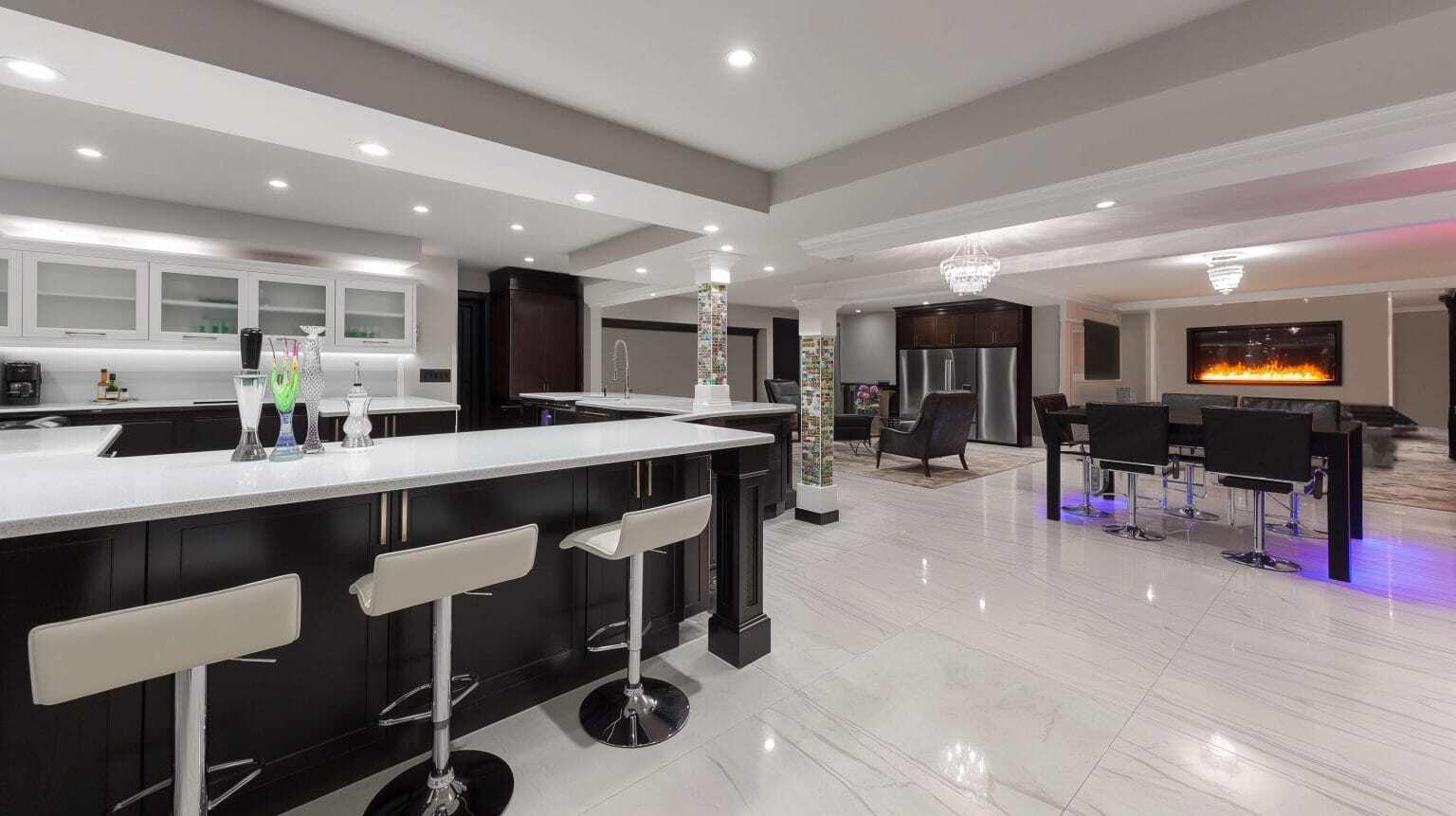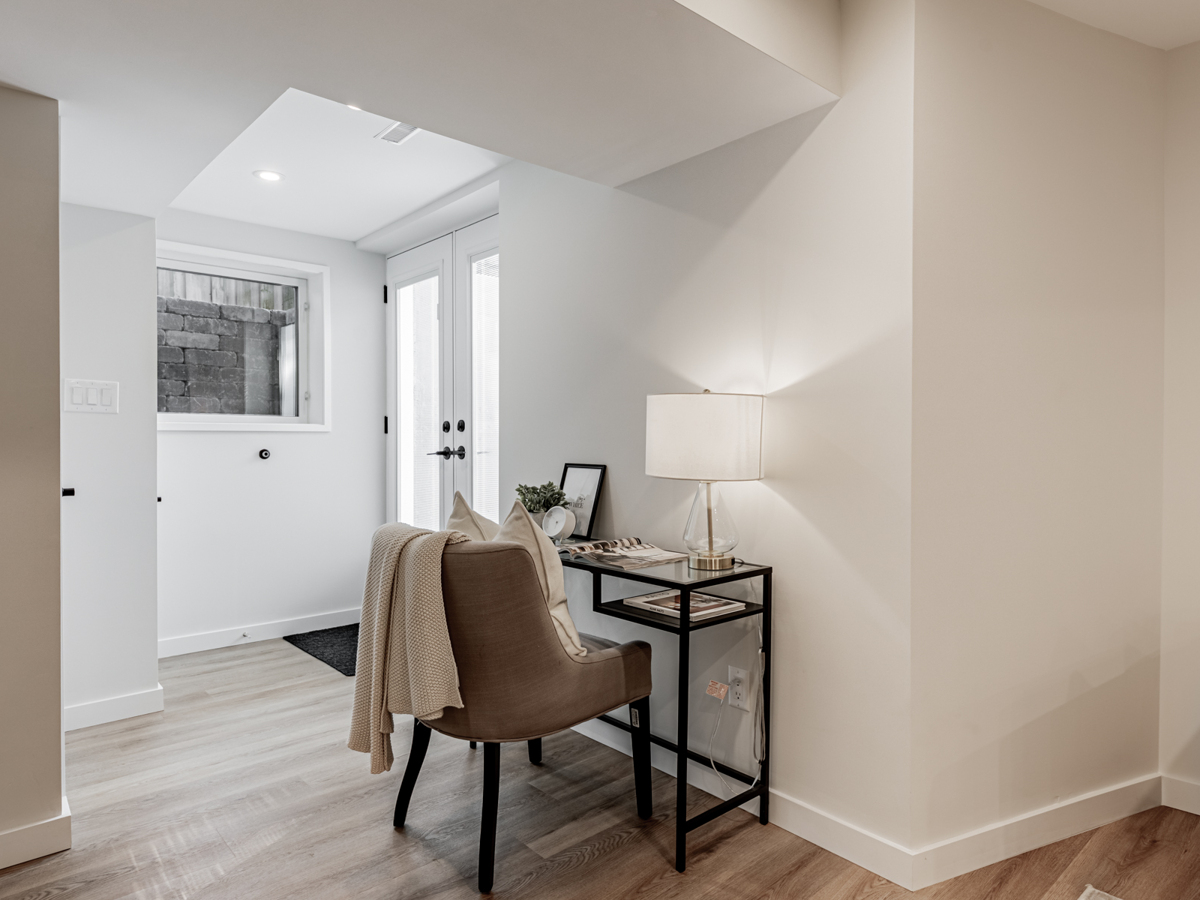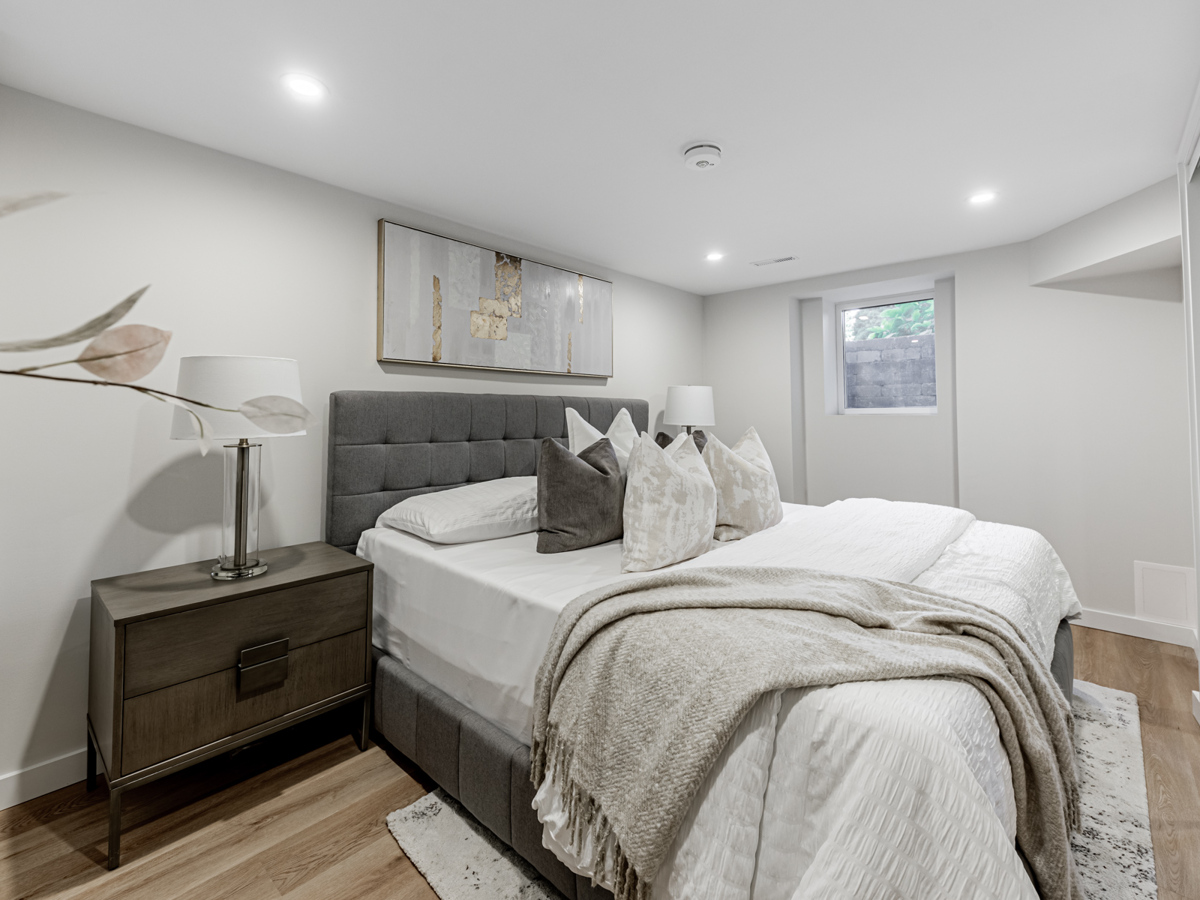What is the Best Flooring for a Basement?
The 6 Best Flooring Options for Basements of 2024
4 min read
Quacy Barry Jan 3, 2025 2:58:42 PM

If you're considering renovating your basement in Ontario, one of the first questions you'll likely ask is whether or not you need a permit. The answer isn't always straightforward, as it depends on the scope of your project and the type of work involved. While permits may seem like an unnecessary hurdle, they are critical to ensuring safety, compliance, and the long-term value of your home. In this article, we’ll break down when permits are required, the process of obtaining them, and the potential risks of skipping this essential step.
Table of Contents:
Permits are generally required for basement renovations that involve structural changes, plumbing, or electrical work. Here are some common scenarios where a permit is necessary:
However, not all projects require a permit. For instance, cosmetic upgrades like painting walls, replacing flooring, or installing cabinets usually don’t need one. If you’re unsure, always check with your local building department.
Depending on your renovation plans, you may need one or more of the following permits:
Securing a permit may seem daunting, but the process is relatively straightforward. Here’s a step-by-step guide:
Prepare Your Documentation:
Submit Your Application:
Wait for Approval:
Schedule Inspections:
Skipping the permit process may seem tempting, but it comes with significant risks:
Fines and Penalties:
Home Insurance Issues:
Impact on Resale Value:
Safety Risks:
"It's Just a Small Renovation, I Don’t Need One":
"The Contractor Will Handle It Automatically":
"I Can Get Away Without a Permit":
While obtaining permits adds time and cost to your project, the benefits far outweigh the drawbacks:
Ensures Safety and Compliance:
Avoids Legal Issues:
Increases Property Value:
A Toronto homeowner decided to renovate their basement without obtaining permits. While the project initially saved time and money, the homeowner faced multiple issues:
Lesson learned: Permits may seem like a hassle, but they’re essential for protecting your investment.
In Ontario, whether or not you need a permit to renovate your basement depends on the scope of your project. While simple cosmetic updates may not require permits, most structural, plumbing, and electrical changes do. Securing the necessary permits ensures your renovation is safe and compliant and adds lasting value to your home. Don’t cut corners—consult professionals, follow local regulations, and make your basement renovation a success.
Let me know if you'd like visuals or checklists to accompany this article!
.jpg)
The 6 Best Flooring Options for Basements of 2024

Basement Renovation Financing: How to Fund Your Dream Project

The thought of transforming your basement into a usable, beautiful space is exciting. You envision a home theatre, a playroom for the kids, or a...